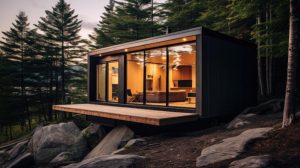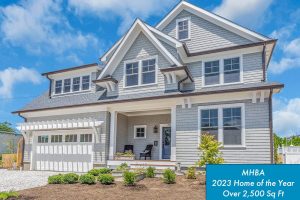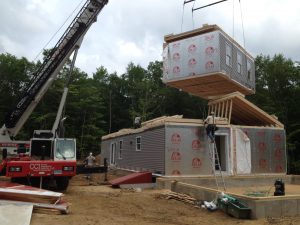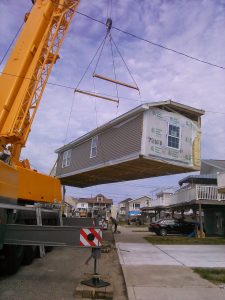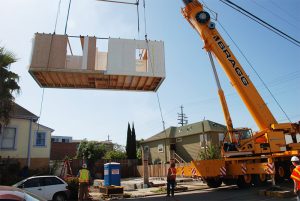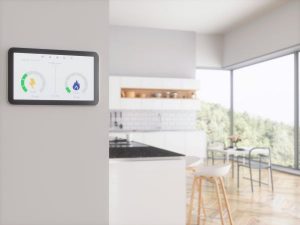
Guidelines
Guidelines are not codes or standards and use non-mandatory language. A guideline is a tool to educate and guide a code official or end user relative to a specific topic or use. While not enforceable, it does give jurisdictions a great deal of relevant information about what kinds of questions they should be asking and provides end users a safe path forward until such time as the building codes can catch up. Guidelines are often used to address emerging trends and technologies, as the codes themselves tend to be very reactive. Remember, in the U.S. the codes are updated every three years with state adoption cycles trailing behind. Practically speaking, the 2018 IRC may not be adopted and in force in some states for another six to nine years.
It seems as if the topic of modular construction has become quite popular these days. But with this newfound popularity comes a great deal of confusion and even misinformation. We often gets calls from people asking about the “modular building code.” So, let’s tackle that question first by stating there is no modular building code.
What our industry does have is a series of administrative rules and regulations, and in some cases guidelines and standards in place. But in terms of the building or home itself, our industry constructs to the same applicable building codes as our site-built peers. In the United States, that is typically a state-adopted version of the International Residential Code (IRC). The codes are updated every three years, with the latest version known as the “2018 IRC”. Each state has its own code adoption cycle and polices for amending the codes, resulting in a national base-model code with many regional variances.
If the code is silent on an issue, it is presumed that the code applies, as silence in the code is not an exemption from the code. Precisely because the word “modular” is not in the codes and the topic is gaining in popularity, our industry has been working with the International Code Council to develop a series of guidelines and standards.
Standards
Standards are developed when it is determined that there exists a lack of regulatory documents necessary to govern a given subject. There are many standard writing bodies including ANSI, UL, ISO, and CSA developing standards for everything from consumer products to classroom acoustics for example. The purpose of a standard is to bring together stakeholders including consumers, producers, and regulatory authorities on a particular subject to develop “the way things should be.” As the name itself implies, they establish an agreed upon standard way of doing something.
Building Codes
According to the ICC, “The regulation of the built environment is a unique experience within the United States. Even those within the industry may understand only a part of the process pertaining to their location or discipline. Codes and adoption process can vary significantly from state to state, and in some cases even county to county.” The building codes regulate how we construct homes and buildings. The codes are adopted and regulated at the state or provincial level and most often enforced at the local level by the “authority having jurisdiction.”
Within the building codes, there is no mention of special treatment, exceptions or exemptions for projects built using modular construction. Therefore, these projects must meet all applicable sections of the building code. When many people ask about the “modular code” what they are really asking is this: “What rules and regulations do I need to know about to build a modular project in a particular state.”
The modular industry is primarily regulated at the state and provincial level, unlike the federally regulated HUD Code manufactured housing industry. Most states (thirty-five at last count) have an administrative agency or office that oversees the industry and sets out the requirements for doing business. These requirements, while different from state to state, generally address items such as the inspection process in the plant, quality control issues, and how building plans are to be submitted, reviewed, and approved. We stay in regular contact with these agencies to help ensure a fair balance of allowing the industry to build a safe product without excessive regulatory requirements.
Given the number of state programs and the variances in them, the industry and the ICC are currently developing two new ANSI Standards:
ANSI/ICC 1200 Design, Fabrication, Construction, and Assembly
and
ANSI/ICC 1205 Standard for Off Site Construction Inspection and Regulatory Compliance
It is this second standard, ANSI 1205, which we hope will ultimately replace the thirty-five unique state program rules and requirements. These working groups meet regularly and have an expected publication date of September 2021 for these standards. At that point, we will work to get the standards referenced in the next cycle of the building codes and within the state administrative programs.
One of the great benefits of being a member of the Modular Home Builders Association is that with your input, we are involved in shaping our industry’s regulatory framework.
This article was adapted from an original article by the Modular Building Institute, found here.
Learn More About the Benefits of Modular Homes
Pros and Cons of Modular Homes
The pros of modular homes include lower costs over traditional construction methods, better quality, improved construction speed, and better resilience while the cons consist of a bit more complicated financing process, lack of customization, and the social stigma that is the consequence of the low-quality of modular homes in the past. In this article, we…
2023 Home of the Year Winners Announced!
Announced at the MHBA 2023 Annual Conference & Housing Summit, we are happy to present the 2023 MHBA Modular Homes of the Year. The MHBA Annual Conference & Modular Housing Summit is the most comprehensive meeting anywhere for modular home builders, architects, engineers, developers, and suppliers. The Modular Home Builders Association provides professionals in residential modular construction a place to network, exchange ideas, learn from experts, discuss issues, and grow professionally.
More Than Ever, The Modular Future is Now
In 2007, the United States faced a housing crisis that caused the Great Recession and had economic ramifications for years. Some people called it the subprime mortgage crisis. One cause of the crisis is that lenders gave loans to potential homeowners even if the buyers couldn’t afford them.
Is Modular Housing the Solution to the Housing Crisis?
In 2007, the United States faced a housing crisis that caused the Great Recession and had economic ramifications for years. Some people called it the subprime mortgage crisis. One cause of the crisis is that lenders gave loans to potential homeowners even if the buyers couldn’t afford them.
Creating Affordable Energy-Efficient Housing Through Modular Building
It feels like everyone — consumers and contractors alike — is looking for ways to improve their homes’ energy efficiency. Thanks to climate change, dangerously hot summers and brutally cold winters make it more challenging to keep structure interiors comfortable.
Ways a Modular Home Can Save You Money
Are modular homes cheaper than site built homes? Why are modular homes cheaper than site built homes?
What’s in a Name? Modular, Manufactured, Prefab, Offsite?
What is the difference between modular homes, manufactured homes, prefab homes, and homes built offsite?
Latest Modular Design Trends
What are the latest modular design trends? What trends are on the horizon?
